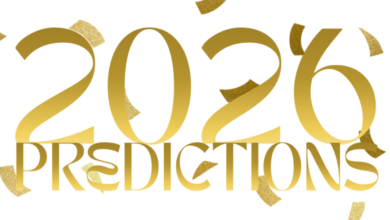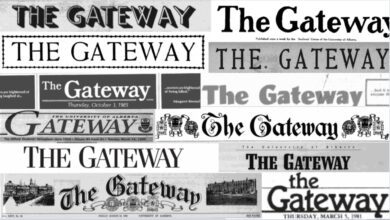Required Reading
Here are some books and films that dive into the unknown — and are way cooler than this semester’s textbook listing.
Enter the Void directed by Gaspar Noé
Entirely shot from the protagonist’s point of view, the film opens up as he smokes DMT in a grungy apartment. This “psychedelic melodrama” will send you on an epic odyssey, guiding you through his psychedelic trip, whirring you through the streets of Tokyo, following the protagonist to his death, and what comes after. It’s not a popcorn flick or date movie, though it may leave you with existential angst and a hankering for the nearest rom-com.
Interstellar directed by Christopher Nolan
Christopher and Jonathan Nolan worked alongside theoretical physicist Kip Thorne to explore wormholes, space travel and relativity, to bring to life — ghosts, demons, overly attached girlfriends — and instead employs the subtly supernatural, making a playground of the human psyche. With the Earth becoming uninhabitable, humanity must find a new planet to inhabit, somewhere in the cosmos. What follows is a journey that transcends space and time, an exploration of the far reaches of the universe and the human soul itself. Do not go gentle into that good night.
Neuromancer by William Gibson
If you’ve ever heard of the science-fiction subgenre “cyberpunk,” there’s a good chance you’ve heard of Neuromancer. Gibson’s debut novel features computer hackers, drug culture, a gritty city in Japan and cyberspace. In today’s world of social networks, Sims and Oculus Rifts, where knowledge is a Google search away, multimedia is stored in clouds, and everyone and their dog carries a pocket-sized window into cyberspace, this book will blow your mind with its relevance.
It by Stephen King
With a narrative that jumps between 1958 and 1985, It follows seven characters as they band together against a shape-shifting, inter-dimensional being that preys on children. You may recall Tim Curry’s memorable portrayal of Its human alter ego, Pennywise the clown, in the 1990s television movie. As of December 2014, a two-part big-screen adaptation has been in development, with True Detective director Cary Fukunaga attached to the first installment.
House of Leaves by Mark Z. Danielewski
House of Leaves is the Inception of literary horror: a mind-bending, psychologically haunting story-within-a-story (within-a-story). It follows father and filmmaker Will Navidson as he documents his family’s experience of moving into a new suburban home, ultimately discovering the house is bigger on the inside than it is on the outside. Danielewski steers clear of familiar horror elements — ghosts, demons, overly attached girlfriends — and instead employs the subtly supernatural, making a playground of the
human psyche.




